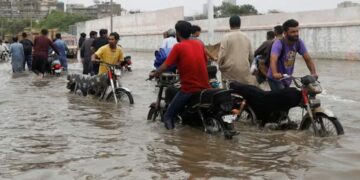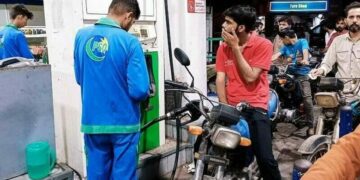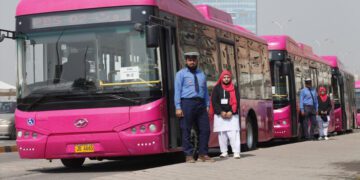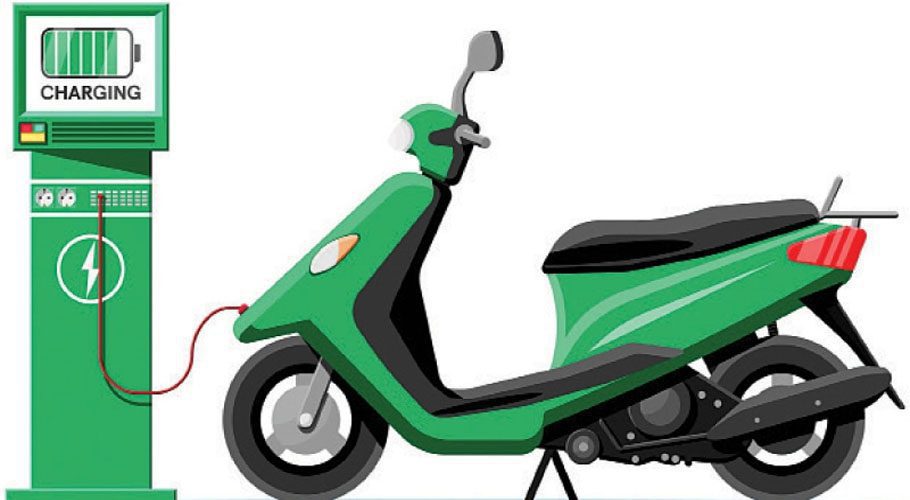![]() Follow Us on Google News
Follow Us on Google News
People across the country are braving marathon sessions of power outages amid terribly high temperatures and that too during the holy month of Ramadan. Citizens complained of 6 to 10 hours of outages in urban areas, while those in rural parts of the country — including localities falling within the service area of high-loss feeders — witnessed 8 to 16 hours of loadshedding.
The current gap between demand and supply has been expanding owing to a drop in power generation by thermal plants as a result of a severe shortage of gas and other fuels. Some experts are of the view that the current shortfall ranging between 7,000 to 8,000MW may surge further if the hot and dry weather persists in the coming days.
Meanwhile, Prime Minister Shehbaz Sharif took notice of the agonising absence of electricity. In some quick action, the PM got re-operationalised 20 of the 27 power generation plants that had been lying idle for around a year due to diesel shortage. He also ordered diversion of gas from fertiliser plants to power generating units as well as repair of the out-of-order power plants on a fast-track basis.
The developments under the previous government may be contributing to this crisis, but the bottom-line is that the ordinary citizens are finding it increasingly difficult to survive under the current circumstances and are becoming vocal about their grievances. Not only are small businesses suffering, but many are facing health risks in light of the unforgiving heatwave.
While Shehbaz has directed the authorities to rid the country of loadshedding by 1st May, it is hard to expect something like that happening in the near term. In fact, contrary to the claims, K-Electric has increased the duration of loadshedding in Karachi by two hours, saying that fuel shortage has affected its generation capacity.
The government is required to devise a comprehensive strategy to eliminate the longstanding problem on a permanent basis. After all, an uninterrupted supply of electricity is essential for keeping the wheels of industries, agriculture and commerce going.

















